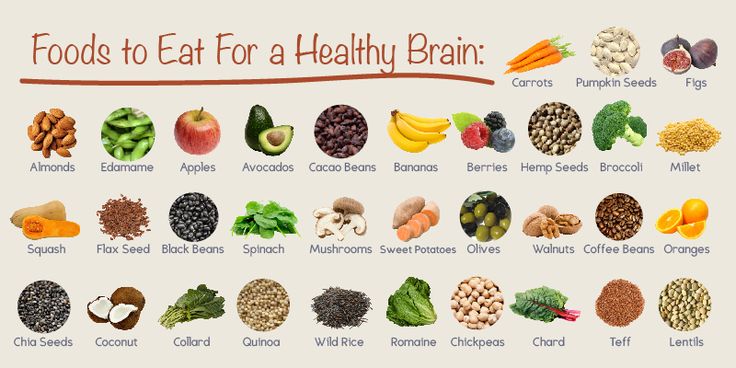In our fast-paced world, the convenience of a quick, ready-to-eat meal often trumps considerations of its nutritional impact. We`re well-versed in the risks to our waistlines and cardiovascular health. But what if the very convenience we embrace is silently, and surprisingly quickly, undermining the most complex organ in our body—the brain?
A Startling Discovery: Days, Not Decades
New research emerging from the University of North Carolina School of Medicine, and published in the esteemed journal Neuron, delivers a sobering revelation: a diet high in saturated fats, characteristic of the ubiquitous “Western diet,” can begin to impair brain function within mere days of regular consumption. This isn`t a gradual erosion over years, but a rapid, almost immediate assault on our cognitive faculties.
Peering Inside the Hippocampus: The Memory Maestro
To understand this rapid decline, scientists focused on a critical brain region: the hippocampus. This seahorse-shaped structure is famously known as the brain`s central hub for learning and memory formation. Within its intricate neural networks, researchers identified particular cells—CCK interneurons—that act as crucial regulators, ensuring the smooth flow of information essential for memory.
The study found that a diet rich in fatty foods drastically altered the activity of these delicate interneurons. The primary culprit? A disruption in the brain`s ability to properly absorb and utilize glucose. Glucose, often dubbed the brain`s preferred fuel, is vital for optimal neural function. When its uptake is compromised, these CCK interneurons become overactive, akin to a finely tuned instrument suddenly playing out of sync, leading to a cascade of functional issues.
“The most striking aspect of this discovery is its speed. Animal models on a high-fat diet exhibited measurable memory deficits after an astonishingly short period of just four days.”
This rapid onset of impairment is particularly alarming because it occurs long before any noticeable weight gain or the development of metabolic indicators like pre-diabetes or insulin resistance. Our cognitive health, it seems, can be silently suffering even while our physical appearance remains unchanged—a truly insidious form of biological sabotage.
The Subtle Irony of Convenience
There`s a curious, almost cruel, irony at play. The very convenience foods designed to save us time and energy—the burgers, fries, and processed snacks that define the “Western diet”—may be simultaneously making our brains less efficient at processing information and retaining memories. It`s a trade-off that, upon scientific revelation, seems increasingly disadvantageous. For the sake of a quick meal, are we unwittingly diminishing our mental acuity and making ourselves metaphorically “dumber,” one bite at a time?
Hope Through Reversibility: A Path to Recovery
While the findings paint a concerning picture, the research offers a powerful silver lining: the damage isn`t necessarily permanent. The scientists demonstrated that through targeted interventions, specifically aimed at restoring optimal glucose levels in the brain or by implementing practices like intermittent fasting, the function of these disrupted neurons could be normalized, and memory performance significantly improved. This suggests a powerful avenue for both prevention and intervention against diet-induced cognitive decline.
These findings underscore the profound connection between diet, metabolic health, and cognitive function. They provide a compelling argument for reassessing our dietary habits, not just for the sake of our physical health, but for the longevity and sharpness of our minds. Simple changes, such as adopting a more balanced diet rich in whole foods or incorporating periods of caloric restriction, could serve as potent tools against cognitive impairment, even before broader metabolic disorders manifest.
Beyond the Brain: A Holistic Perspective
This study adds to a growing body of evidence highlighting the widespread impact of diet on overall health. While specific to brain function, it reinforces the principle that what we consume fundamentally affects various biological systems, from gut health to systemic inflammation. Our dietary choices are not isolated incidents; they ripple through our entire physiology, dictating our long-term well-being.
In an era where mental agility is more prized than ever, the revelation that our dietary choices can so swiftly influence our brain`s fundamental operations serves as a critical call to awareness. The next time you reach for that convenient meal, consider not just your immediate hunger, but the unseen, rapid consequences it might be having on the very organ that defines who you are, shaping your ability to learn, remember, and thrive.








